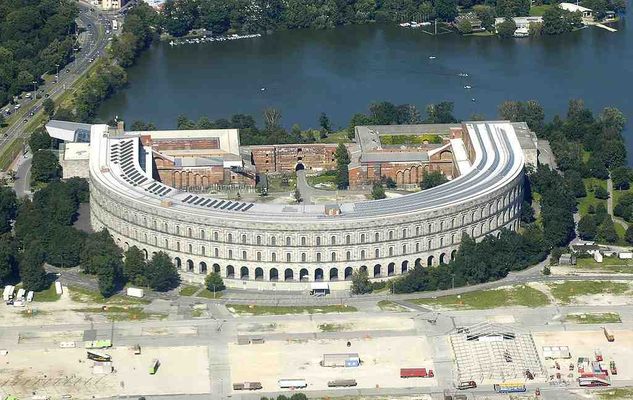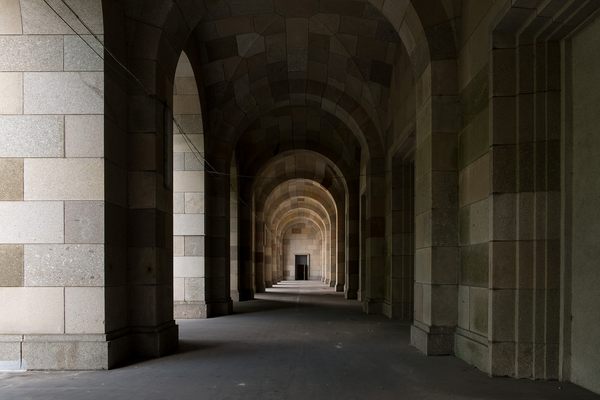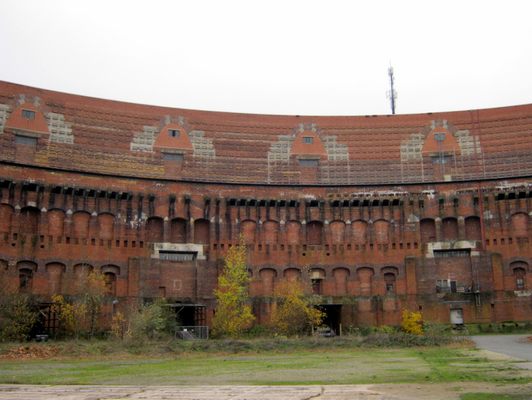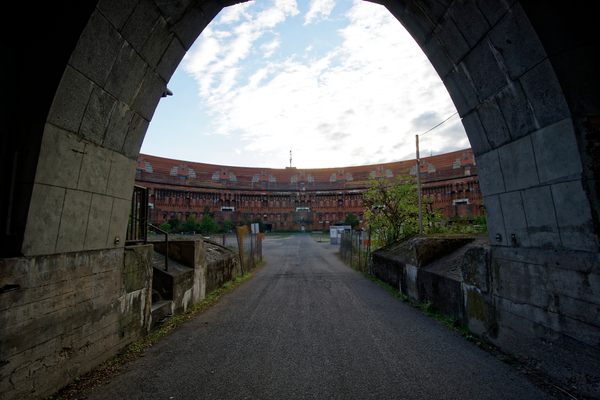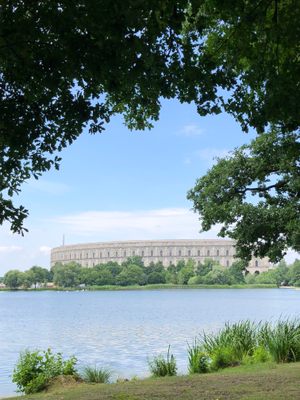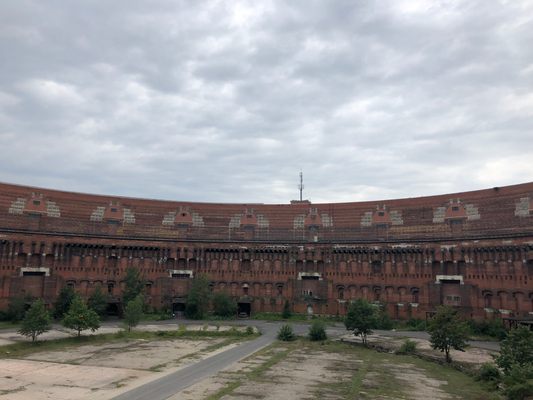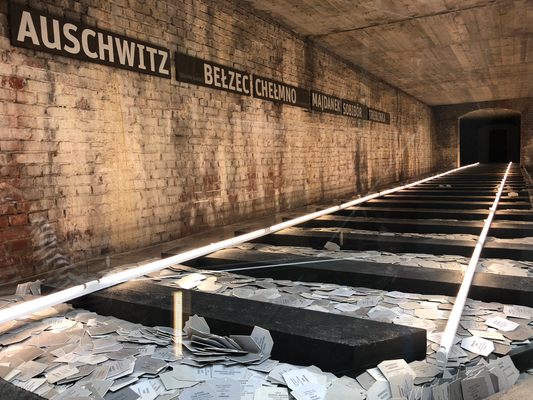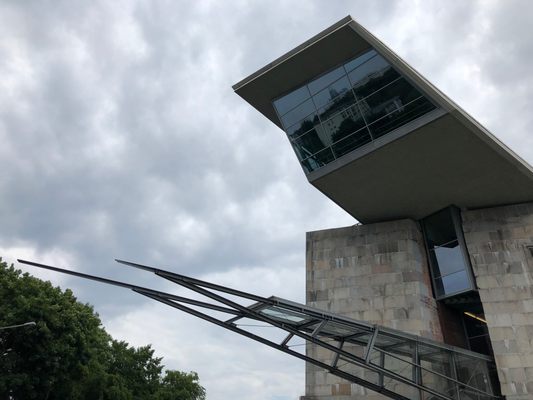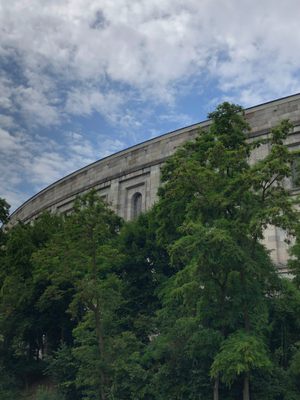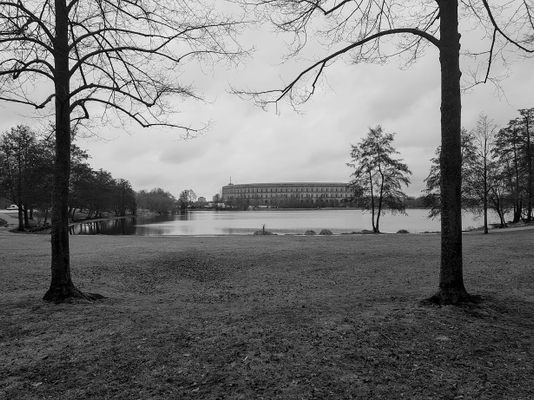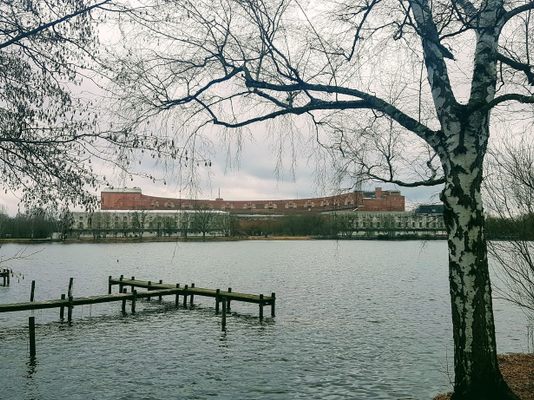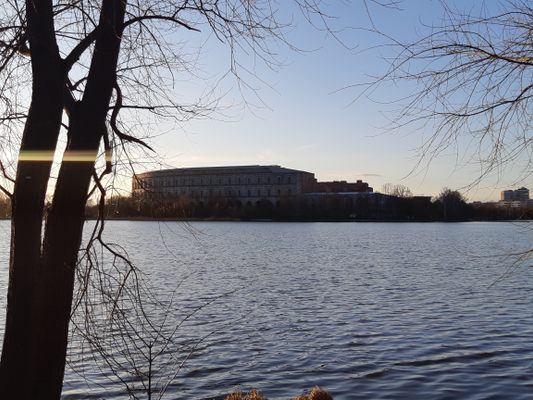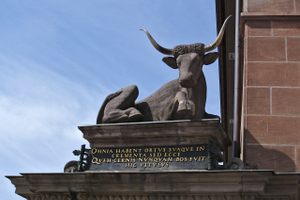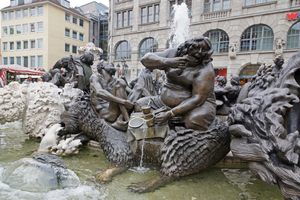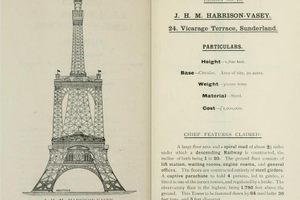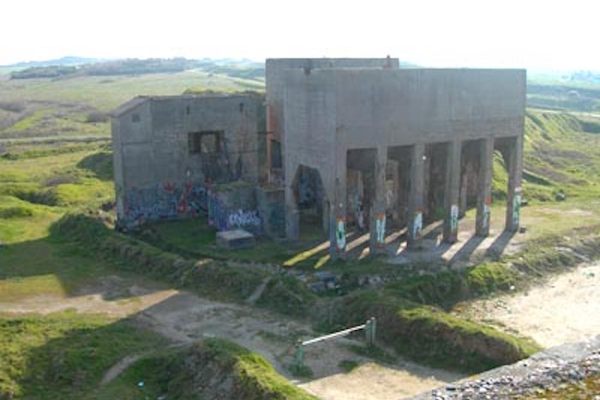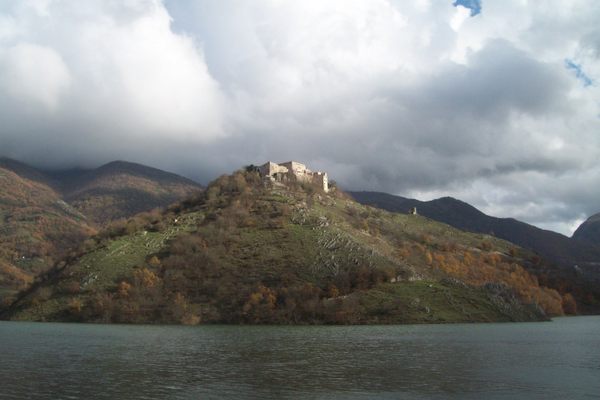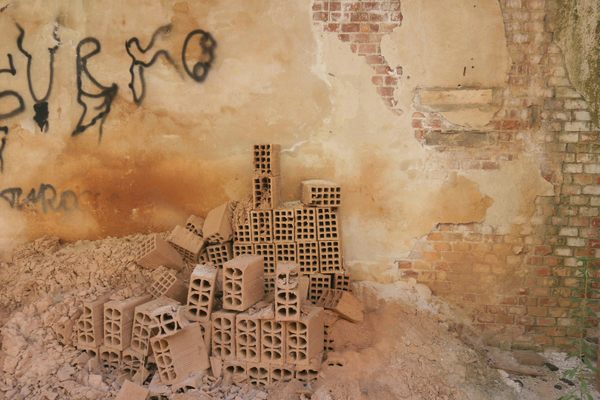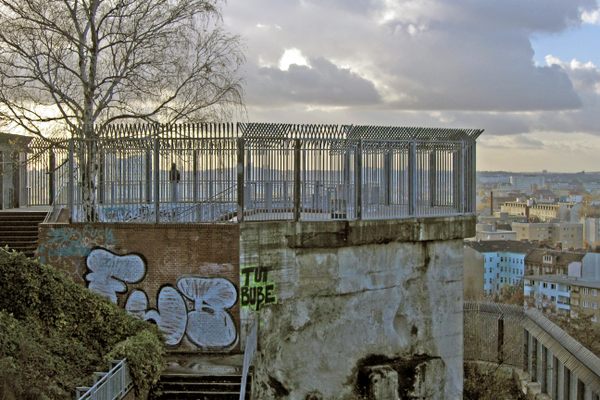About
The Kongresshalle looms over Nuremberg like a misplaced relic of ancient Rome. Designed by Franz and Ludwig Ruff in 1935, it was to have been the centerpiece of the vast Nazi party rally grounds, flanked by triumphal parade-grounds and stadiums.
Once designs for the structure were complete, construction was started in earnest and on a vast scale: the completed Kongresshalle would have seated 50,000. One of the centerpieces of Hitler's fantasy of a thousand-year Reich, its colonnades and layers of archways were designed to echo the Coliseum in Rome - another symbol of an empire triumphant.
The Second World War diverted attention away from the project, and the Kongresshalle was never completed. The building only reached about half its planned height of 70 meters . Much of the interior was Kongresshalle survived the war - and it was landmarked in its half-built state.
Today, the edifice houses the Documentation Center Museum. In addition to the history of the site (both the Kongresshalle and the surrounding rally grounds), the museum chronicles the rise of the Nazi party, the lead-up to World War II and the devastation of the conflict up to the aftermath reckoning of the Nuremberg Trials.
Through artifacts, original documents, and audiovisual media, the Center's permanent "Fascination and Terror" exhibit brings visitors closer to the horrifying reality of the Third Reich and culminates in a panoramic view over the Kongresshalle from an unnerving suspended platform.
Related Tags
Know Before You Go
The nearest regional train station is Nürnberg-Dutzendteich (S-Bahn 2). Trams (6 and 9) and buses (36, 55 and 65) will also take you to the Doku-Zentrum stop which is right outside the Kongresshalle and the Documentation Center Museum.The Documentation Center Museum is open from 9 a.m. to 6 p.m. Mondays to Friday and 10 a.m. to 6 p.m. at weekends. Though the museum is suitable for everyone, visitors should be aware that the exhibit does contain distressing content. The remnants of the rest of the Nazi party rally grounds—including the "Great Road" and the Zeppelin Field—are also mostly accessible to the public and can be found spotted around the Volkspark Dutzendteich.
Community Contributors
Added By
Published
January 13, 2013

